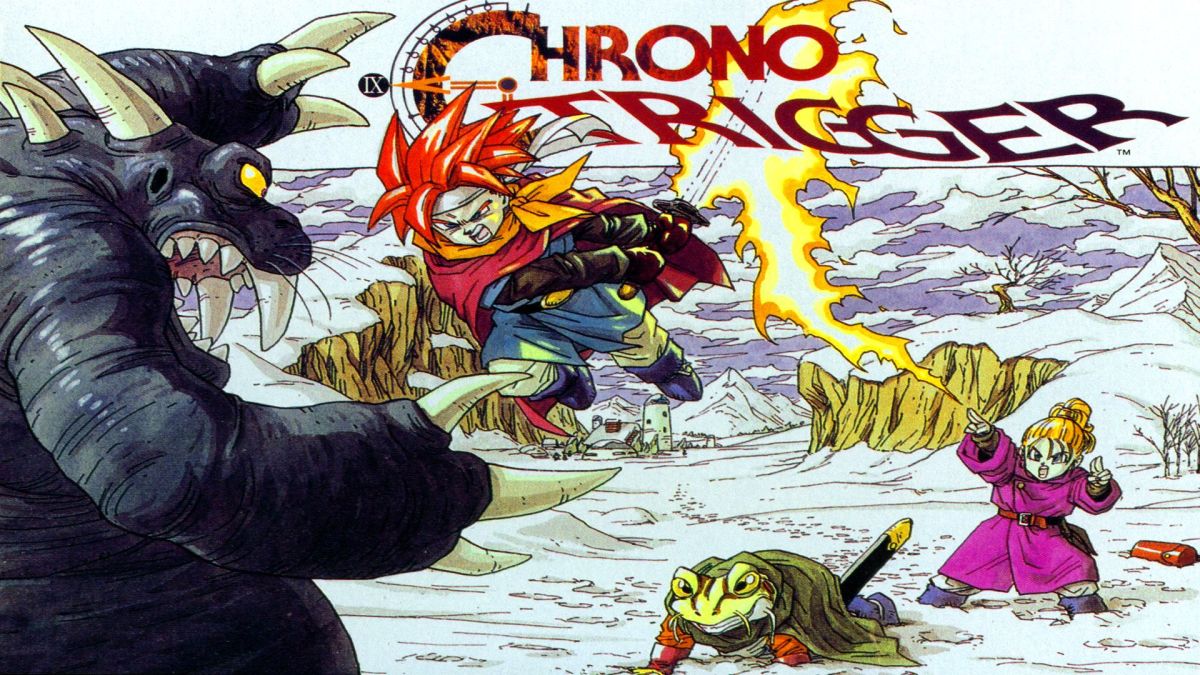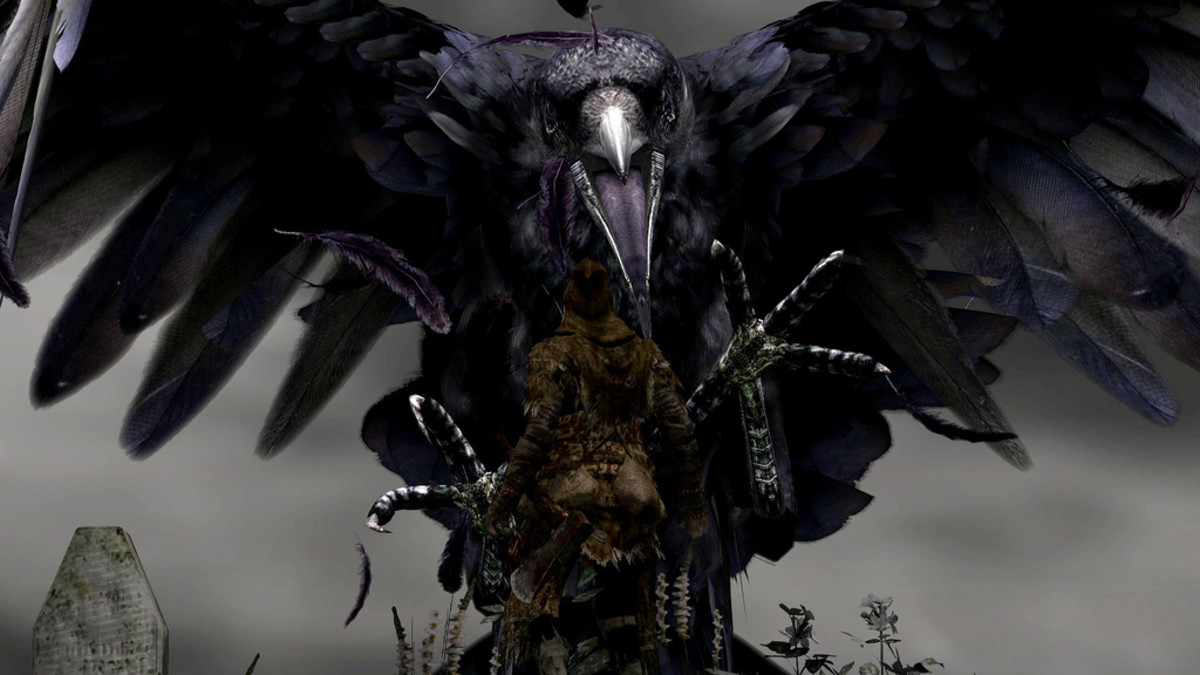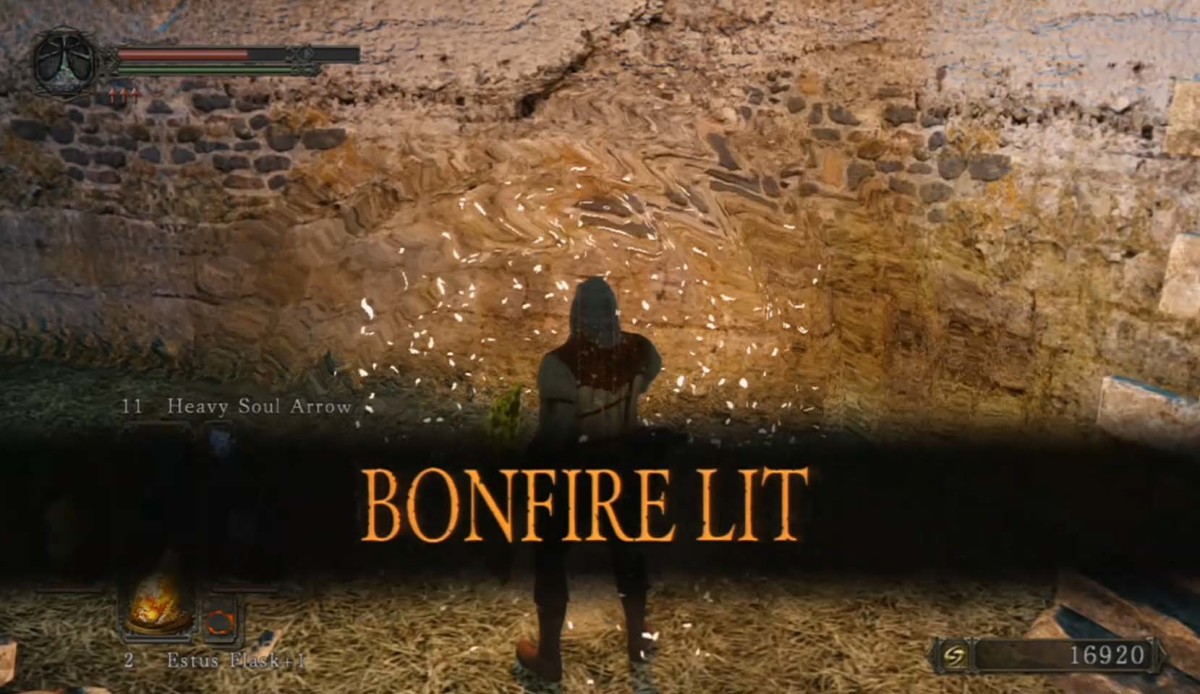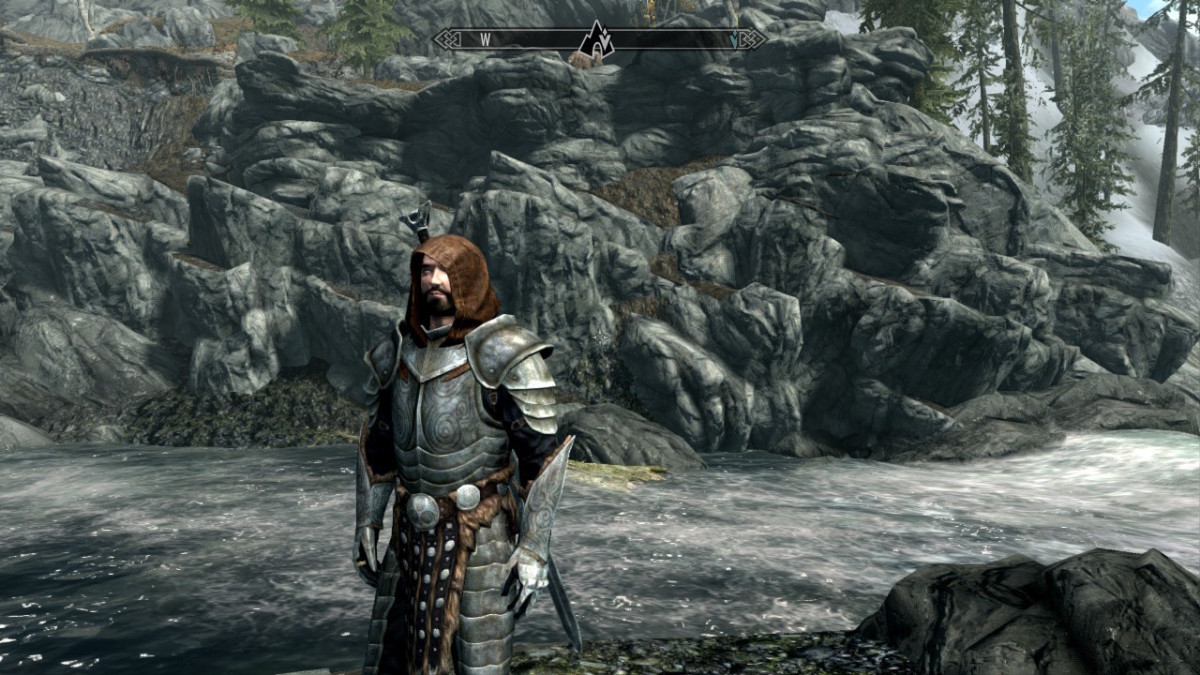Dark Souls II - Review

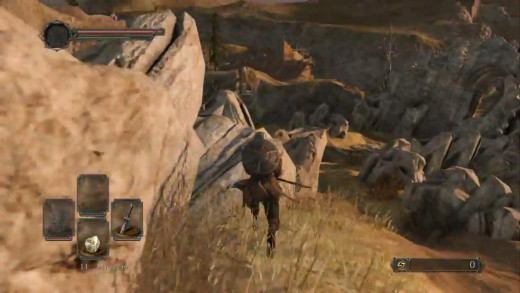
Dark Souls II is like stepping into hell. Literally. After a brief opening segment you're thrust into a world that doesn't like you, will not help you, and will certainly not make any attempt to indicate whether you're going the right way.
Which is just as well, because it makes every victory you carve out in the game's 20-40 hour runtime that much more satisfying. Rarely, does Dark Souls II give you a situation that is wholly impossible, instead it will give you a problem and then ask you to figure out the answers.
For anyone that has played the original Dark Souls, or its predecessor, Demon's Souls, Dark Souls II is very much familiar territory. Harkening back to classic dungeon crawlers such as King's Field, the game is spread out in a relatively non-linear fashion, with your character tasked with defeating the most powerful creatures in the land of Drangleic for a chance to reclaim their lost soul.
Perhaps the most notable change in Dark Souls II is the ability to warp between any bonfire; the game's checkpoints. In the original, you were forced to wait for hours before you were given this ability, and even then you were only capable of warping to specific checkpoints. Dark Souls II is the classic 'Souls gameplay, but shorn of any fat or extraneous padding. Similarly, bonfires are placed more generously this time around, reducing the amount of arduous back-tracking from checkpoint to checkpoint.
Take note that this doesn't make the game any easier, just more accessible. Now there's less frustrating moments where you're forced to repeatedly kill enemies you've beaten several times before simply because you died during a boss battle. It makes for a much more enjoyable pace to the game, no more are you worrying whether the next two hours will be a wasted effort should you fail. Dark Souls II is happy to have you die five times fighting a boss, your maximum health depleting each time you fail, but at least you'll get to play out that fight multiple times and not have to slog through an army of grunts you've already proved you're able to kill.
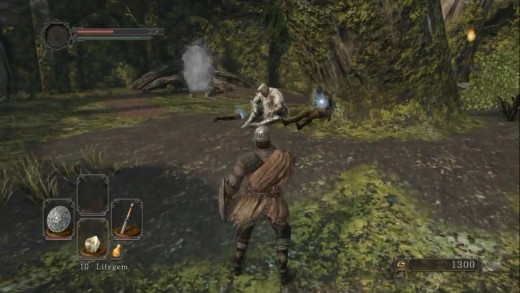
Of course, there's a slight downside to this enhanced navigation. No longer does the world feel quite as vivid, or as well interconnected as it did in the original Dark Souls. In fact, Dark Souls II's almost wheel-and-spoke level design actually bears more similarity to the original Demon's Souls, where levels further out from the hub were typically the toughest challenges and those closer to the centre were usually safer for the player.
Dark Souls II also sees some tweaks to the general mechanics. Perhaps the most important one being the alteration of the stats available to upgrade. Endurance has taken the brunt of these changes, with equipment load now being tied to a different stat called Vitality and your poison resistance and the like being relegated to the new Adaptability stat. Similarly, Pyromancy has been altered so that it's slightly more difficult to upgrade and now scales to some degree with your character's stats. These might not be the most shocking of changes but does see From Software attempting to iron some of the more over-powered strategies that were prevalent in the original Dark Souls.
The new addition to the core combat mechanics is now the ability to dual-wield weapons. Weapons that are of the same class also allow your character to enter a "power-stance" boosting your potential damage output even further. This is a perfect example of Dark Souls II's risks versus rewards. Do you sit behind the safety of a shield and heavy armour and suffer lower damage output, or brandish two weapons but risk being taken out in only a couple of hits?
Like the original game, progression is relatively non-linear. There's general hints and nods of where to go but the game, for the most part, refuses to hold your hand. Areas are big enough that it's possible to get lost and the game ensures that there's a decent variety of enemies for each area, ensuring that encounters don't get stale.
However, it's still the bosses that showcase Dark Souls II at its best. Visually, they're still some of the most impressive bosses in recent years, and From Software still seem resistant to resort to cheap fantasy clichés. Take the game's interpretation of giants for an example, which are thin lanky pieces of grey flesh with a hole for a face. It's a big step away from what most games would do and Dark Souls II's incredible art design overall separates it from other RPGs just as much as its difficulty.
Occasionally though, the actual fight with the bosses becomes slightly repetitive as the game progresses. Many later enemies re-use a lot of the mechanics of earlier ones, the biggest offender being "big guy that swings a sword/club/mace around". Visually they might all look different, but mechanically some of the bosses begin to follow strategies that are too similar.
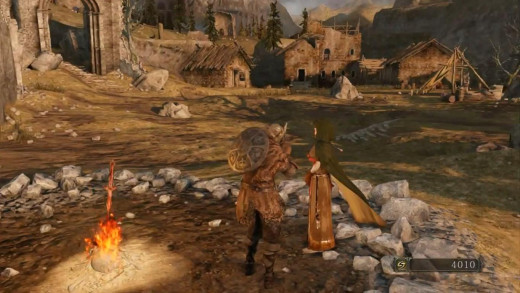

The other problem is the somewhat predictable methods From Software use to ramp up the difficulty. At its core the 'Souls series is a game of pattern recognition: understand a boss' attack patterns, and make note of the openings for counter-attacks, and you'll usually succeed. Therefore, a common method of making things more difficult is to have you face two or even three bosses at once, doubling the complexity. This was an iconic moment in the original game, with the titanic battle with Smough and Ornstein. In the sequel however, it becomes a regular theme in boss fights and you wish sometimes that From Software would come up with different methods to challenge the player.
Still, it's slightly churlish to complain about the repetitiveness of some of the later encounters when it still delivers so much solid gameplay and an incredibly evocative world. This is still a game that can soak up weeks of your time before completion and then boasts plenty of replay value to boot. All that early panicking about Dark Souls II's difficulty being watered down to boost sales has been an exaggeration. It's more accessible for sure, and is perhaps a better starting point for new 'Souls players than either Dark Souls or Demon's Souls, but that doesn't make it all that much worse as a game.
People that disliked the previous games need not apply, this latest instalment is unlikely to change your mind. For everyone else however, Dark Souls II is a worthwhile trip back in to hell.
Dark Souls II was released, in the UK, on March 14th for PS3 and 360. A PC version is due for release on April 25th.
This review is based on the PS3 version.
© 2014 LudoLogic

